COVER STORY: Exclusive Interview With Robert Kirkman On Bringing “Invincible” From Illustration To Animation
Adapting an animated series is difficult. Adapting an animated series from a comic book series is also. In the nineties we got some legendary franchises like X-Men, Batman: The Animated Series, and Spider-Man that helped mold a legion of kids to eat up MCU and DCU box office when it came time. But, TV was largely abandoned for comic book adaptations as it pertains to animation leaving just Disney XD to shovel awful animated adaptations of their MCU properties.
Fortunately, we live in a different era, and adult animation is on the rise. While DC Entertainment is making a killing with animated films geared towards adults, Amazon is stepping in with Invincible from Robert Kirkman who already has experience in adapting comic books for television in the form of The Walking Dead.
We were lucky enough to catch up with Robert Kirkman about the upcoming series and what it took to bring this to life.
John Schwarz: Battle Pope was an animated series that debuted on the internet in 2008, here we are over ten years later talking about another superhero inspired being produced for the internet, did you ever think that streaming projects would get this sophisticated all these years later?
Robert Kirkman: Yeah, I mean, you know, being in the business and knowing all the things that are in production and the various streaming services, including Amazon, but I think it was just the tip of the iceberg. There’s a lot of great stuff on the horizon for Amazon. But, you know, it’s amazing seeing that everyone has kind of woken up to what animation fans have known for decades. That, you know what? This is a medium and you can do anything you can do in any other medium in animation. It’s very similar to comics in that way and in a sense, very similar to video games. All of these mediums are experiencing an awakening where you can do things that aren’t, you know, simply geared towards children. And it’s allowing people to utilize these amazing art forms to create some really innovative and really cool things.
It’s common for comic book writers to fall very much in their work to the point of separation could be a divorce. You came up with Invincible in 2003, but it was The Walking Dead that took off and had its success that it did and still does. What has it been like to wait nearly 20 years to finally see this series come to fruition?
I think it’s something that’s going to benefit us tremendously because Invincible, debuting in 2003, had 60, 70, 80 years of superhero storytelling with which to comment on and play off of. Invincible celebrates everything that’s great about superheroes, but also contradicts it and subverts it in very interesting ways. And if Invincible had debuted earlier in mass media, you know, the general awareness of superheroes and superhero storytelling tropes wouldn’t necessarily be there. So because it was a long development process and because it took us longer than walking dead to get this, you know, to life, you know, it’s really going to serve us in a great way because now we’ve got 30 Marvel films and 16 DC Films, and you’ve got something great like the boys out there. And there is, you know, all the various DC television shows. And I think everyone who’s in the mass audience has a general awareness of superheroes and how they work. And Invincible plays against that in a lot of really creative ways and, you know, really subverts that. And so, you know, people are really going to be on board for this and they’re already speaking this language and we’re going to kind of open it up and do some interesting things with it.
With Invincible, what is it like developing original superheroes with powers and then balancing between inspiration and derivation?
There is actually a really wide lane of things that aren’t explored in superhero stories. One of the things that we’re really tackling is, you know, something that’s really obvious, which is just, you know, putting real world stakes and real world, you know, side effects of superhero actions. And so we really delve into, you know, the cost of a building collapsing and how that affects society and and, you know, different results of superhero battles and collateral damage and also the psychological effects on, you know, Mark Grayson. He’s a young guy who has idolized his father for his entire life. He sees superheroes as one thing and then when he becomes a superhero, the shades are lifted and he sees everything in a new light. And it’s not the world that he thought it was. It’s much darker and much more dangerous and more involved and quite scary. So, you know, we’ve got this great coming of age story that’s set in this world where we deal with these ramifications in a very real way. And just by doing that alone, it tweaks our superhero storytelling in a way that we’re not really affecting or not really doing things that have been done for decades and decades in Marvel and DC Comics.
You’ve adapted comics to both live-action and animated, what’s the difference and why one medium versus another?
I think mostly it’s the scope and the scale of the story, I think that if we were to try and do this in a live action television show, there would be certain limitations. I mean, you can look at a show like Game of Thrones that has nearly an unlimited budget and they have limitations when it comes to massive battle scenes and things like that. Invincible with a story that can have, you know, two alien invasions in one episode. You know, this is a story where one episode he can go to Mars for an adventure, another episode that can be fighting on the moon. And in another episode, they can be fighting on the bottom of the ocean. And that’s just not something that is production friendly in live action. Everything is possible in animation. But because of our amazing studio and all the great people that that worked in, you know, L.A. and Vancouver and South Korea, you know, we basically brought the world together to break their backs, to create this amazing show. And somehow we were able to pull it off. But the scale of this would be absolutely impossible to achieve in live action television.
How did COVID impact the production of the animated series for Amazon?
Well, the bulk of the voice recording was done before the pandemic. OK, they were there were little pick ups and ADR and things like that that we had to do to, you know, quick lines for the animation or correct things. And, you know, just a little bit to clean up. That’s very common in animation. And those were done remotely because the animation world has adapted very well to the realities of Covid and voice recording is done in a very controlled way.The actual production of the show was, you know, hit pretty hard. I think, you know, our team in Vancouver, our team in Los Angeles and our team in South Korea were all working in office environments and had to switch to remote working almost immediately.
And so there was a huge process of getting animators and designers and production people, you know, set up with the correct tools. We certainly lost a little bit of time, you know, adjusting to that. But once those adjustments were made, you know, I don’t know that I would say it was a smooth process, but, you know, everyone adapted very quickly and rolled up their sleeves and, you know, really brought this show together and got it across the finish line and a pretty spectacular way. So it was a remarkable undertaking. And I wouldn’t say it was easy by any stretch of the imagination. But, you know, everybody came together and fought against the end of the world to make an awesome cartoon.
You’ve assembled possibly the craziest cast for an animated series ever, even if you had landed only half of some of these names, one could make the same argument. What was your inspiration for these casting choices?
I mean, I really have to give it to Amazon for helping us, you know, they pushed for this excellent cast. I think that, you know, we have had a great casting process and we really shot for the moon in every instance and got there one hundred percent of the time, which is, you know, bizarre and unheard of. I mean, I am still pinching myself when I see this cast list. Yeah. You know, I can’t tell you how often I was just absolutely in tears in the recording booth, just hearing these characters come to life and such an amazing and spectacular way. I mean, from top to bottom, like every character in this show. And, you know, there’s I don’t know, a hundred characters in this in this first season alone is just portrayed like, exactly the way I could have imagined. And, you know, it’s just spectacular. I don’t know. I’m just going to say a bunch of words about how happy I am.
A live-action movie is in production as well, how do you set up enough discernation between both projects from a story perspective? Could one spoil the other?
I mean, you know, to a certain extent, sure, but I think that once we get the live action version of off the ground, you’ll see that it is a very different animal that is going to be taking a very different angle into the story and, you know, will exist on its own. I don’t think there’s going to be any, you know, cause for confusion.
I think that there’s been, you know, a dozen Spider-Man movies and one hundred Spider-Man animated series, and most of them are telling pretty much the same stories. And it all seems fine.
Sure. I think Invincible’s capable of doing the same.
Could Invincible and Image Comics launch an “Image Cinematic Universe”
Well, I don’t know that I would say never, but I know that it would certainly be difficult. And, you know, to a certain extent, the beauty of Image Comics is that everyone has autonomy over their creations and can bring that creative energy to their work in a very free environment.
And I think that once you start trying to tie things together too heavily, you can bog things down and make things more difficult. It’s not impossible, but, you know, to a certain extent, it kind of goes against everything that has made it more special for all these years.
How does one go about avoiding superhero fatigue?
I think that we’re in year 20 of superhero fatigue and we’re doing just fine. I think that people have always been complaining about superhero movies being a fad. Well, I’d be foolish to do a superhero movie now because I am three years from now, it’s going to be a fad and nobody’s going to be going to the theaters to see the beauty of what has happened. You know, mostly with Marvel is that with the Marvel films is that they have proven that the superhero genre can be anything. So there can be a superhero comedy. There can be a superhero horror movie. There can be a superhero action movie. There can be a superhero drama. There could be a superhero romance. And because superhero has kind of become a flavor to put on, you know, a thousand different subgenres within, you know, film and television and video games and all the stuff, it’s just become an ingredient. And you can’t you can’t have as long as there is a massive variety and the and the, you know, majority of what’s coming out is entertaining and successful. I don’t think we’ll ever experience any kind of real superhero fatigue. So I’m very confident that superhero storytelling is here to stay and work on. Oh, boy, what are we, a year at near one hundred of superhero storytelling in comics.
Yes. You know, and that fan base hasn’t really experienced superhero fatigue yet.
So I think once people learned the potential of what superhero storytelling is, I think it’s solidified itself in popular culture and is never going to go away.
Walking Dead would often move away from source material and many derivations from the comics, with 144 issues of Invincible, how do you adapt but also make it original?
I think the approach is all of the above. The beauty of a story like Invincible, much like The Walking Dead, is that you never really know what’s going to happen. You know, and maintaining that even for people who are very familiar with the comics is important to me, because if you lose that, you lose the magic of what makes Invincible special. So how do you do that? Well, you can’t just change the story entirely and not adapt in comics because that’s going to make the fan base not happy and could lead to an inferior product if we’re trying to build stories from whole cloth. So I think the way you do that is you keep people guessing. Some stories are adapted directly. Some stories are, you know, improved and expanded upon. Some stories are tweaked slightly. Some stories have changed completely. And as you move through the series handling each aspect of the series in a different way, the fan base shouldn’t ever really know what to expect. Oh, this part, they’re never going to adapt. They would never do that. And then we do it for, oh, this part, you know, they’re going to definitely stick to that. They’re going to do that exactly the way they did in the comic. Then we don’t. And so I think by keeping people on that uneven ground, it’s going to make for a much more exciting series.
This interview has been edited and condensed for clarity

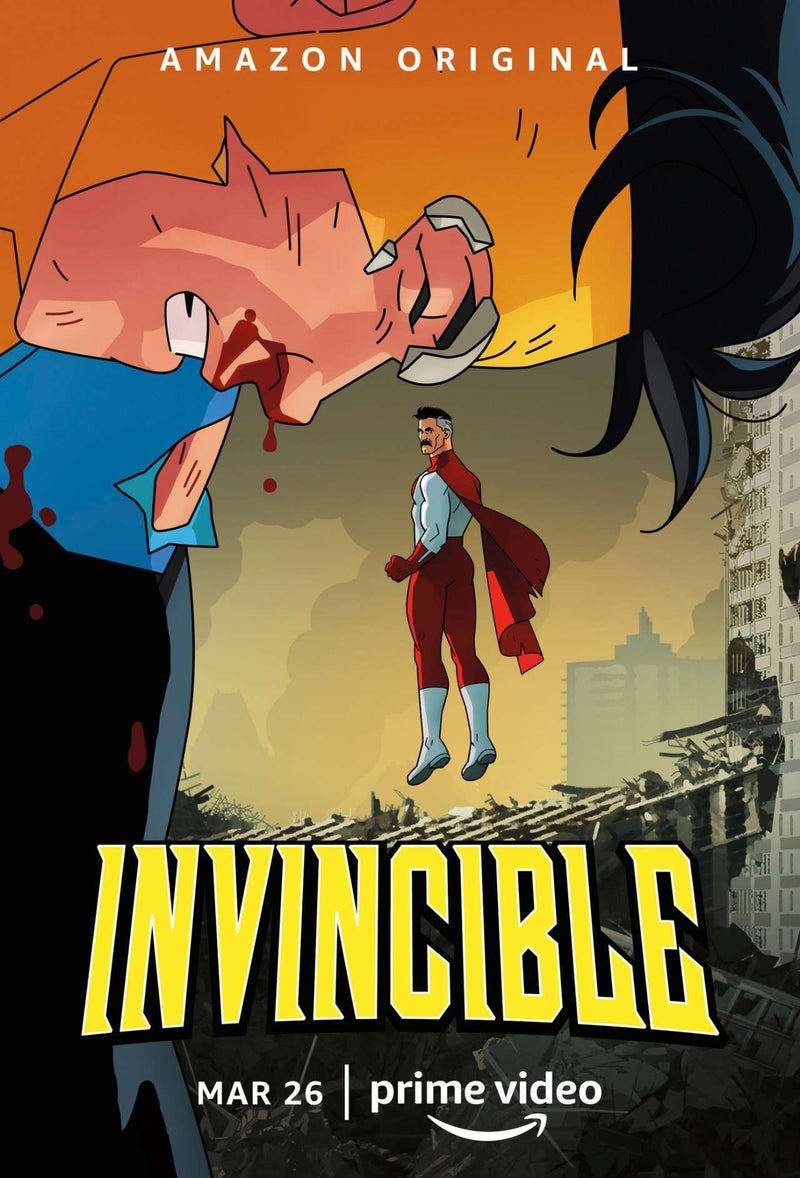

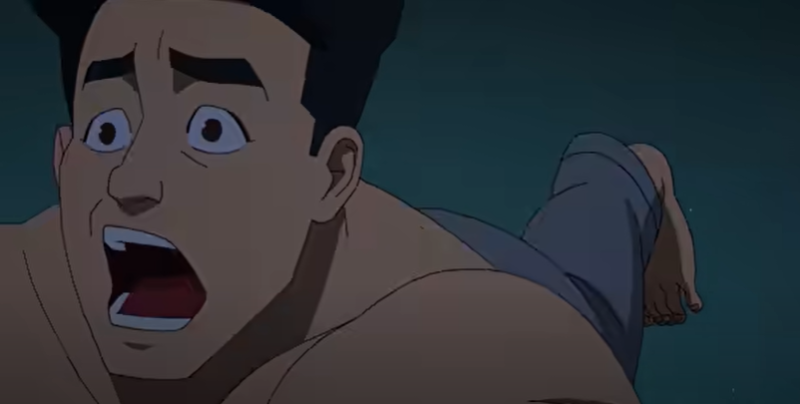


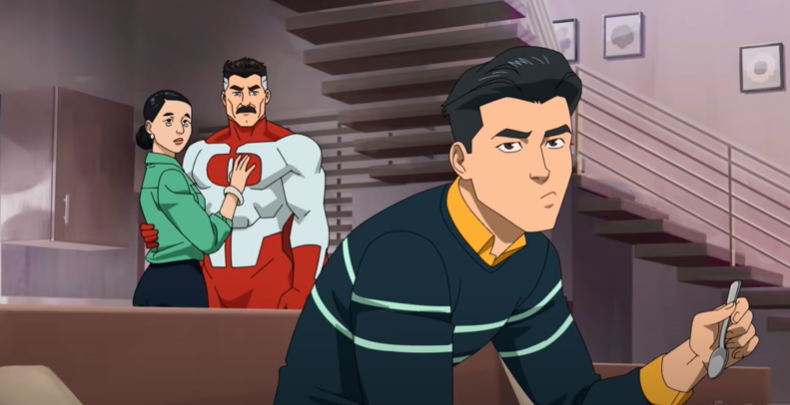
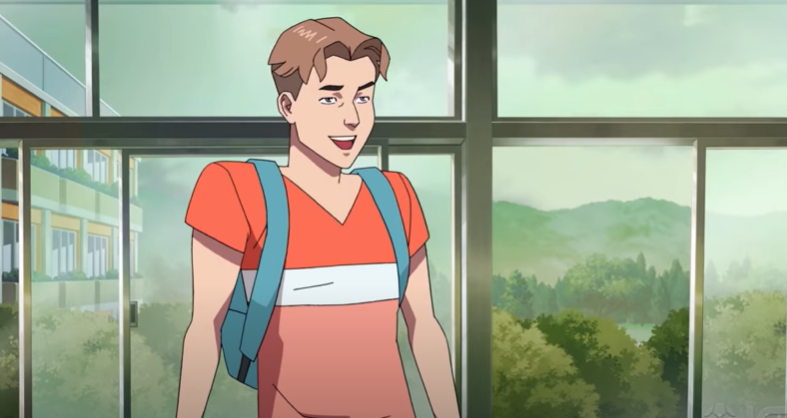
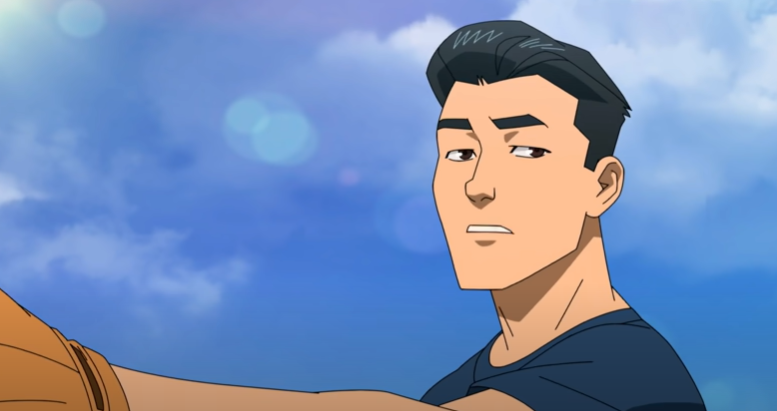
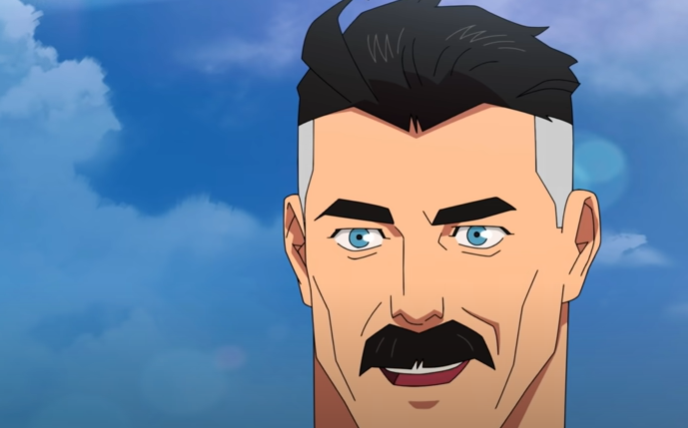


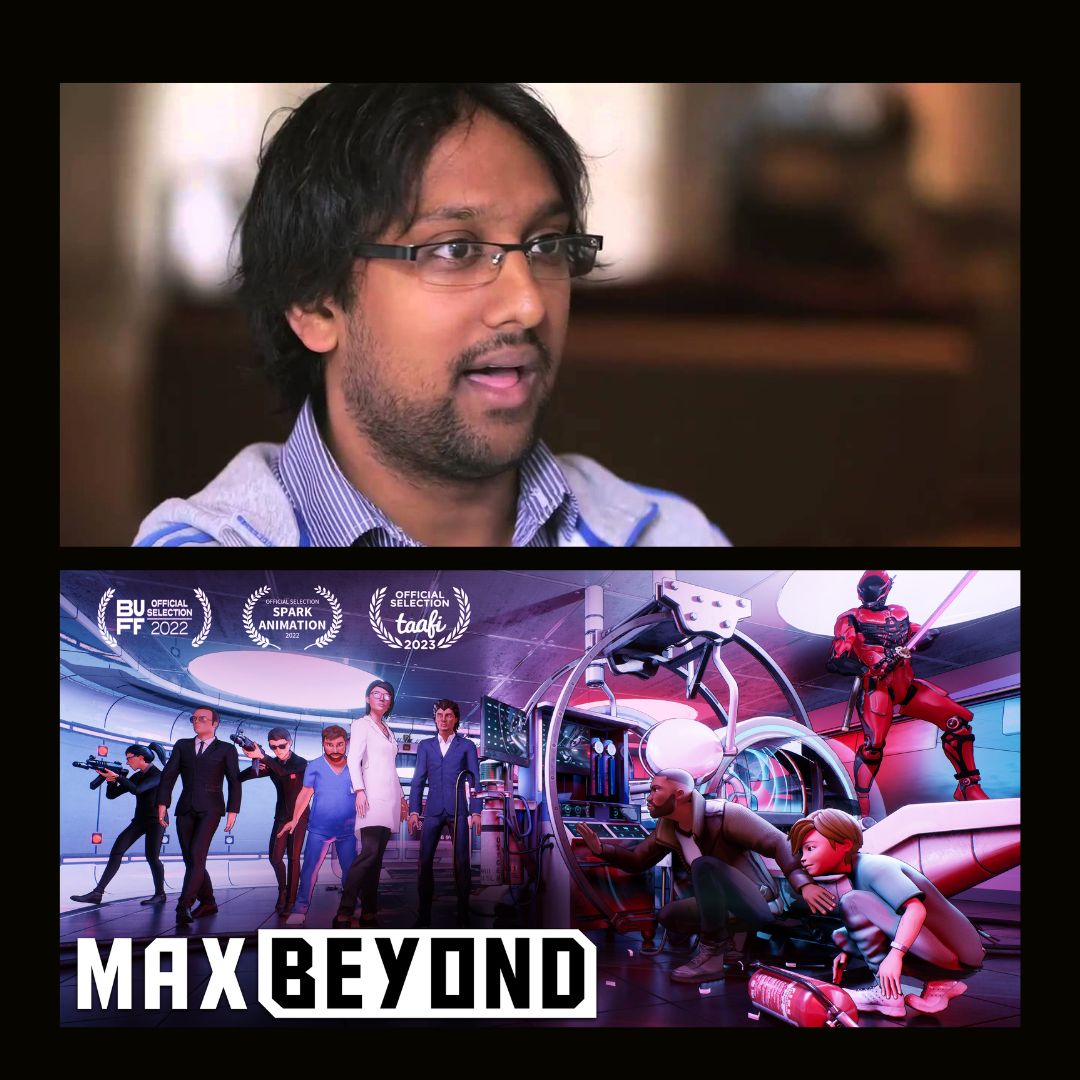



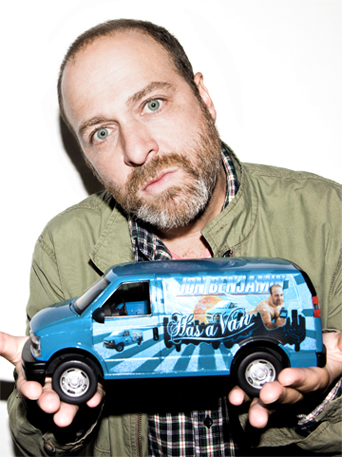















Hi Ashley, thank you so much for reading and we love the feedback. Note that on that day we had 14th posts go up and only ten posts show on the front page, so it's possible the preview had already been archived by the time you got to it. One recommendation would be to add our RSS feed to your favorite news aggregator service like Feedly, this way you get all of the latest posts!